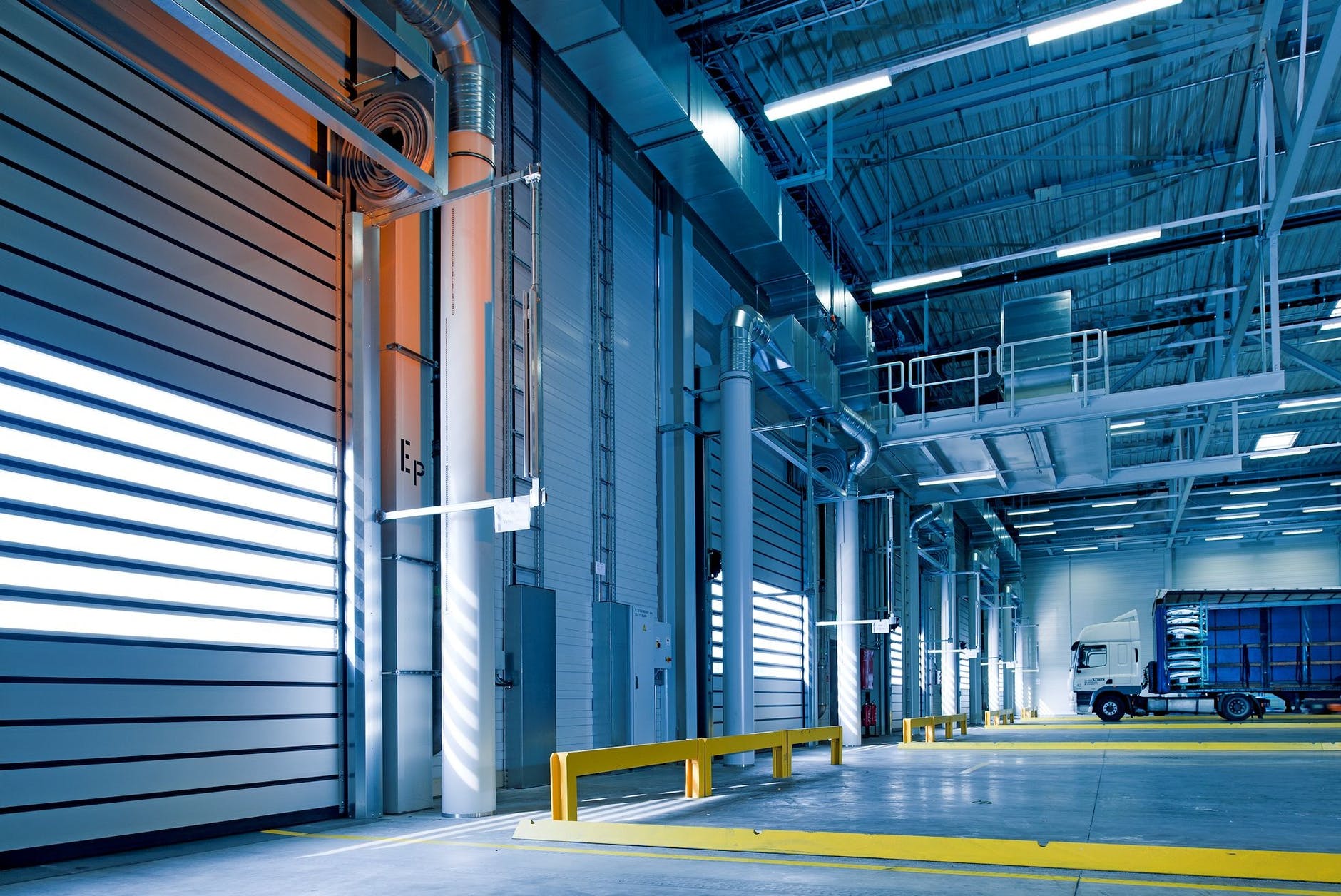What kinds of businesses need access to warehouse space? Though often regarded as a only tool for large manufacturing operations, warehouse space can actually be useful for many other companies, including very small ones.
For relatively compact firms, however, it can be difficult to secure appropriate storage because the business isn’t large enough to own its own facility. Given a little creativity, though, you should be able to devise a warehouse solution for your small business.
Temporary or Permanent?
One of the first questions you should ask when trying to decide what kind of warehouse solution will best serve your operation is whether you need long-term storage or only a short and temporary option. It’s generally easy to rent temporary warehouse space if, for example, you recently placed an oversized order or ran a special campaign that caused a momentary ballooning of your stock levels. Many larger companies offer surplus warehouse space for rent, and other firms will specialize in serving precisely this kind of need.
Outsource or Self-Manage?
Another substantial factor in the life of a small business when a need arises for warehouse space is whether you have to manage the holdings, or prefer to outsource that function by handing off tasks like inventory tracking and shipping to a more capable outfit. If you intend to handle such chores yourself, you’ll need a warehouse management solution to support order fulfillment, track stock levels, and oversee other logistical concerns.
Depending on which items you’re stocking and the amount of independence you have in the space, such systems can support remote monitoring of warehouse temperature, humidity, and other environmental issues, though most small businesses choose not to tackle those concerns.
On the other hand, if you choose to outsource, you’re likely to gain access to technology well beyond the warehouse management tools normally used by small businesses, through third-party logistics (3PL). The tools available for 3PL sales empower businesses to sell on multiple platforms while tapping into a central inventory system, with the added advantage that packing and shipping professionals handle those day-to-day tasks, which may further reduce your staffing needs.
Spendy or a Savings Strategy?
Some small firms avoid investment in warehouse space for the simple reason that they find it unnecessarily expensive and unwieldy, even when that means their main offices become cramped with overflow stock. What this reasoning overlooks is the fact that, by trying to avoid spending money on storage space, the small business has to forfeit savings because it is not in a position to take advantage of bulk pricing.
That can put your operation at a disadvantage relative to the competition, which may keep you from earning the profits you require to expand.
Finally, it’s worth noting that warehouse spaces are fairly inexpensive to rent or own because they don’t require a lot of upkeep. Think about it: The spaces are fairly spartan, which means costs remain low, and if your firm can locate other independent operations in your area with whom to partner in purchasing property, you may discover that all of you attain a much stronger position.
You gain an ability to share a portion of staff, and your collective may even enhance your region’s standing as a manufacturing or ecommerce hub.
Deciding to invest in warehouse space, especially over the long term, can substantially benefit your business. If you don’t do it, that could hold you back. Possibly missing that tipping point – the moment when you’re poised to grow – is a risk you can’t afford to take.

